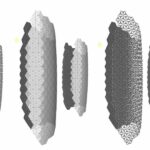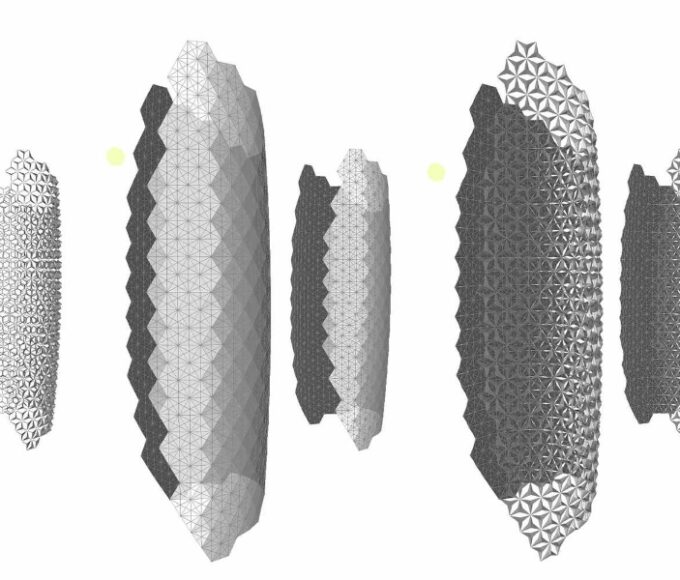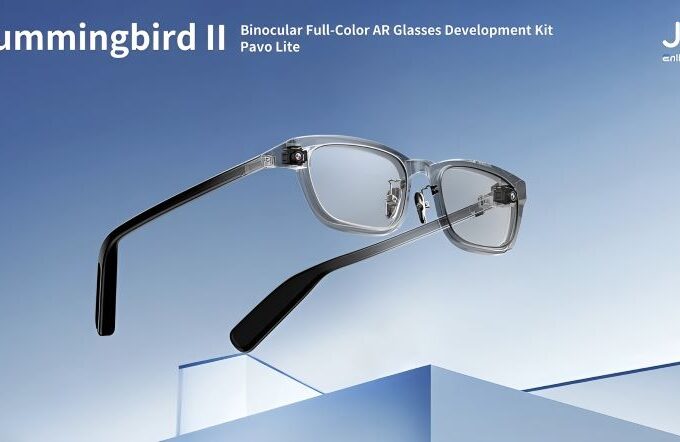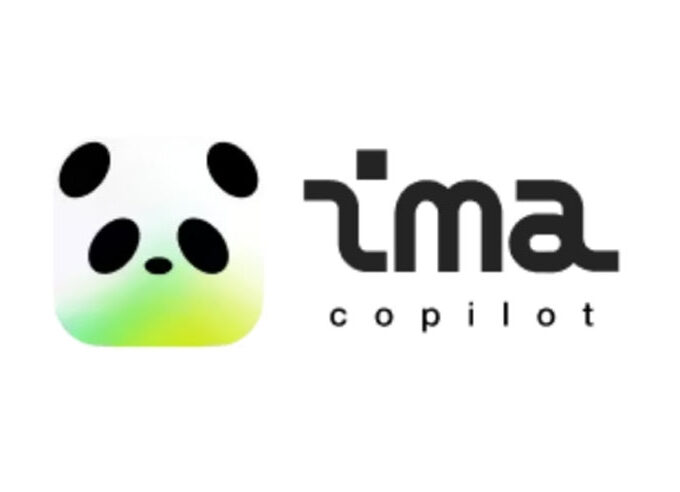Involving more than 150 countries and regions, more than 1,800 companies participated in the conference and set up exhibitions, focusing on industries such as medical health, digital infrastructure, culture and entertainment, and planning to carry out more than 30 investment and financing, event docking activities… On September 25, the 4th Global Digital Trade Expo (hereinafter referred to as “Digital Trade Expo”) opened in Hangzhou, Zhejiang, China.
This five-day event, themed “Seeing the Future of Innovation at the DTU,” will release a series of authoritative reports, standards, and collaboration cases, as well as the top 100 digital trade rankings globally and nationwide. It will also showcase a number of influential industry products for their debut, exhibition, and premiere, showcasing the development trends of digital trade.
At the Digi-2 Space Technology (Hangzhou) Co., Ltd. booth in the theme pavilion, a partial “lunar” space was open to the public. The floor of the “lunar” space was paved with a lunar surface pattern, and four 1:1 scale models of artificial intelligence (AI) computing satellites echoed the rotating Earth on a large screen.
Chen Junrui, the company’s head of brand operations, explained that its prototype is an AI hyperspectral satellite, part of the world’s first AI-native satellite constellation tailored for digital trade. It can interpret massive amounts of spectral data it sees in real time from space, processing the information on-orbit without transmitting the raw data back to Earth.
“Another groundbreaking demonstration of this system is expected to take place on the moon in 2029. As part of the Chang’e-8 international collaboration project, the company’s two AI lunar robots are scheduled to complete humanity’s first QR code payment on an extraterrestrial body,” said Chen Junrui.
As a key branch of digital technology, AI has been a key feature of every Digital Trade Fair. In this year’s AI exhibition area, over 30 consumer-grade intelligent products, including affordable smart glasses and embodied intelligent cleaning robots, were showcased, offering consumers an intuitive experience of AI serving a wide range of industries and reaching every household.
Mobile robots are increasingly taking over tasks previously performed manually, including 3D mapping and gas leak and emission detection. However, commanding robots of different brands and types to collaborate efficiently is not always easy.
During this year’s Digital Trade Fair, Japanese company Yokogawa Electric launched its Robot Management Core (RMC) platform, which improves factory operations and maintenance efficiency through integrated robot management. Zhao Xinyang, a software engineer at Yokogawa Electric (China) Co., Ltd., explained that the RMC platform currently integrates and adapts products from several internationally renowned robot manufacturers, including Boston Dynamics and Mitsubishi Electric. Zhao Xinyang added that the RMC platform plans to actively collaborate with domestic partners and suppliers to provide comprehensive support for products from leading local robot manufacturers, jointly building an efficient and rational ecosystem.
On the same day, Indonesia and the United Arab Emirates, the guest countries of honor at this year’s Digital Trade Fair, held opening ceremonies for their national pavilions. The Indonesian pavilion brought together 15 leading companies in telecommunications, logistics, fintech, e-commerce, and special economic zones, along with a 100-person delegation, to showcase their digital achievements and willingness to collaborate.
Ali Murtopo Simplong, Deputy Minister of the Coordinating Ministry for Economic Affairs of Indonesia, stated that as a driving force in Southeast Asia’s digital economy, Indonesia possesses enormous potential in areas such as e-commerce and fintech. Indonesia views China as an important strategic partner and is willing to jointly promote market expansion, technological development, and talent cultivation.
The UAE delegation brought 10 companies and institutions involved in digital trade, totaling 80 people, making it the largest delegation ever to participate in a China International Fair. Hussein Ibrahim Al Hammadi, UAE Ambassador to China, explained that the UAE’s participation in the fair reflects both its strategic vision to enhance its leading position in digital trade and digital services and its eagerness to build bridges of cooperation with Chinese partners and other countries around the world.
Reporters learned from the organizing committee of the Digital Trade Fair that 11,000 international merchants have registered for this year’s event, a 64% increase from the previous one. The total procurement value of this year’s event is expected to reach 30 billion yuan.
Sheng Qiuping, Vice Minister of Commerce, said: “To promote the innovative development of digital trade, the Ministry of Commerce is actively advancing the process of joining the Comprehensive and Progressive Agreement for Trans-Pacific Partnership (CPTPP) and the Digital Economy Partnership Agreement (DEPA), promoting my country to strengthen multilateral, bilateral and regional cooperation with Central Asia, ASEAN, BRICS countries and the Shanghai Cooperation Organization, and continuously expanding the circle of friends in digital trade.”












